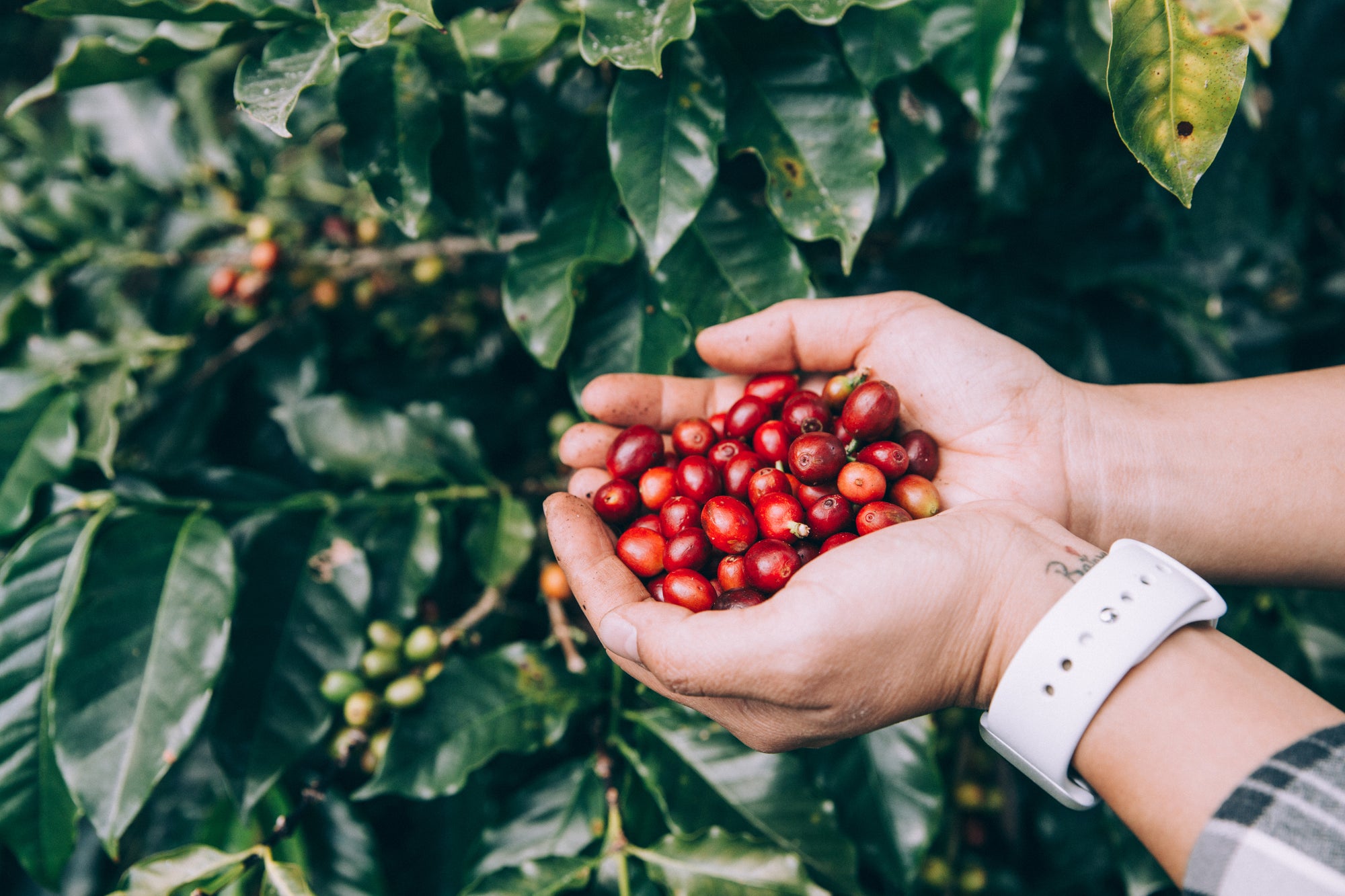Our partners at Origin

Sightseer sources green coffee exclusively from women-led farms, co-ops, and mills. We're honored to have worked with the following producers:
- Hirut Berhanu and her sister Mahder, who own and operate the Dumerso washing station in the Yirgacheffe region of Ethiopia. During the harvest season they employ 400+ workers, 95% of whom are women. The station recently attained both organic and Rainforest Alliance certification, and they are working on a project to convert coffee parchment into pressed kindling, offering local farmers a more sustainable source of firewood. They've financed the installation of a community power grid. Hirut also provides loans and healthcare for her staff and housing for seasonal employees.
- Women members of the Soppexcca cooperative in Jinotega, Nicaragua. The co-op is known for its transparent operations and gender equality initiatives. Their Las Hermanas coffee, produced by over 220 women, is renowned for its quality, empowering the cooperative's members economically and environmentally. The co-op holds both Fair Trade and Regenerative Organic certifications.
- Yuki Minami of Fazenda Santo Antonio in the Cerrado Mineiro region of Brazil. In 2016 Yuki banded together with other farmers in her community – a group of third generation Brazilians of Japanese descent – to form Aequitas Coffee, an exporting group named after the Roman goddess of equity.
- Flor Marina Betancourt and family of Finca Cataluña in Huila, Colombia.
- Mrs. Tigest Wako, a smallholder farmer in Yirgacheffe, Ethiopia and a member of Cafe Imports Small Farmers Project.
- Marta Bayter Montenegro, owner of El Vergel Estate in Tolima, Colombia.
- Women members of ACODIHUE's network of women growers in Huehuetenango, Guatemala. Only 22% of ACODIHUE's annual production goes under the designation of Café con Manos de Mujer, representing a refined selection of the cooperative's coffee.
- Edilma Chavez, owner of El Chalun in Huehuetenango, Guatemala.
- Dori Roblero, Guillermina Perez, and Antonia Munoz, who tend smallholder coffee farms in Southern Oaxaca, Mexico.
- Mrs. Zenebech Ageze, a smallholder farmer in Yirgacheffe, Ethiopia and a member of Cafe Imports Small Farmers Project.
- Rosa Rivera Siles, owner of Finca La Esperanza in Jinotega, Nicaragua










